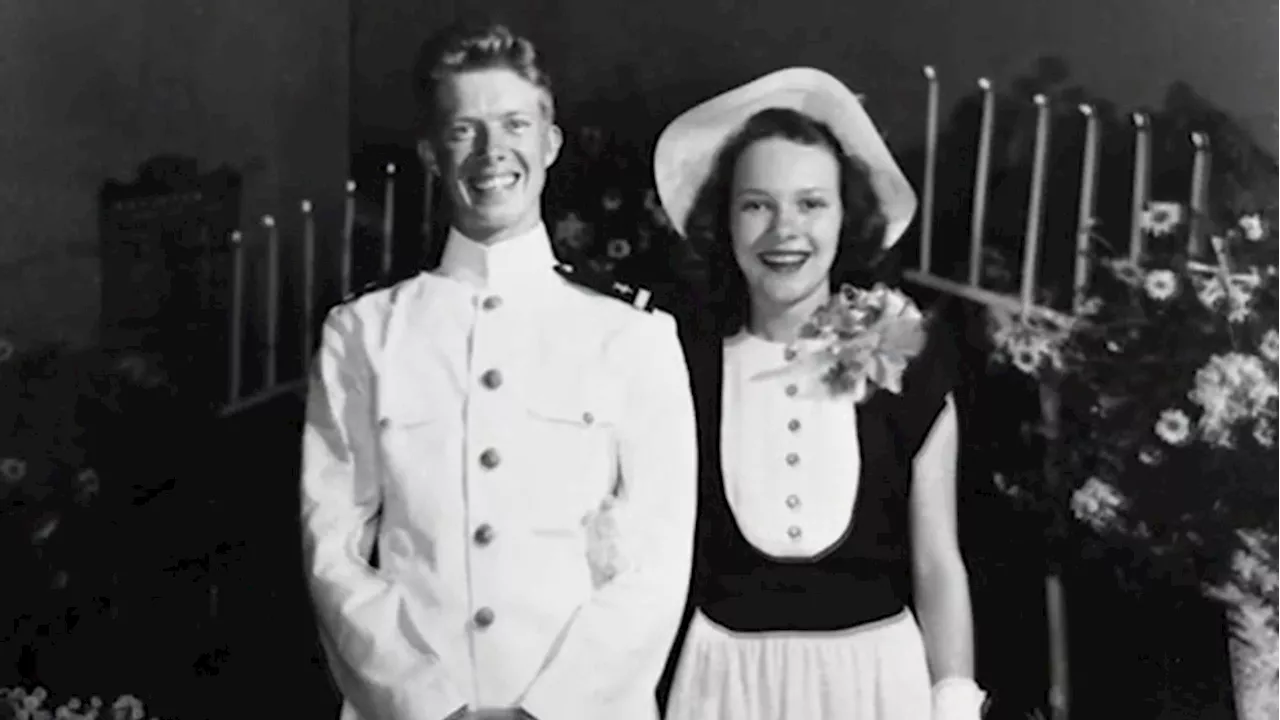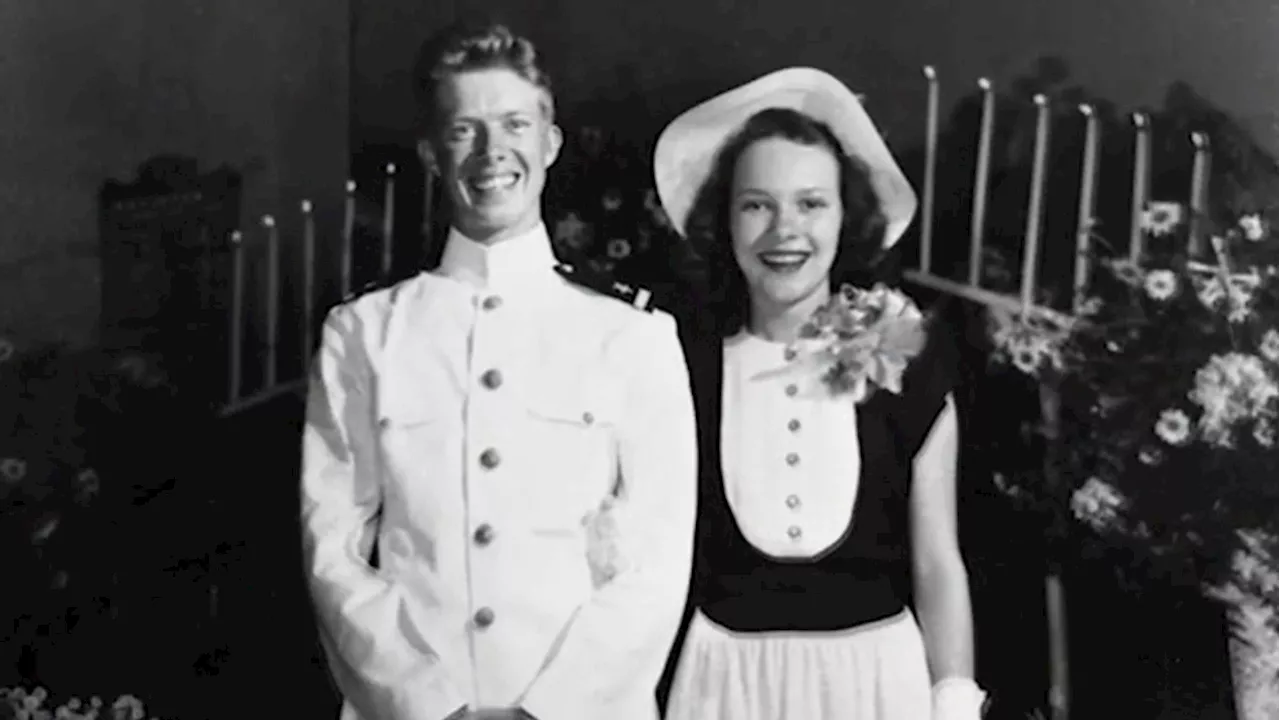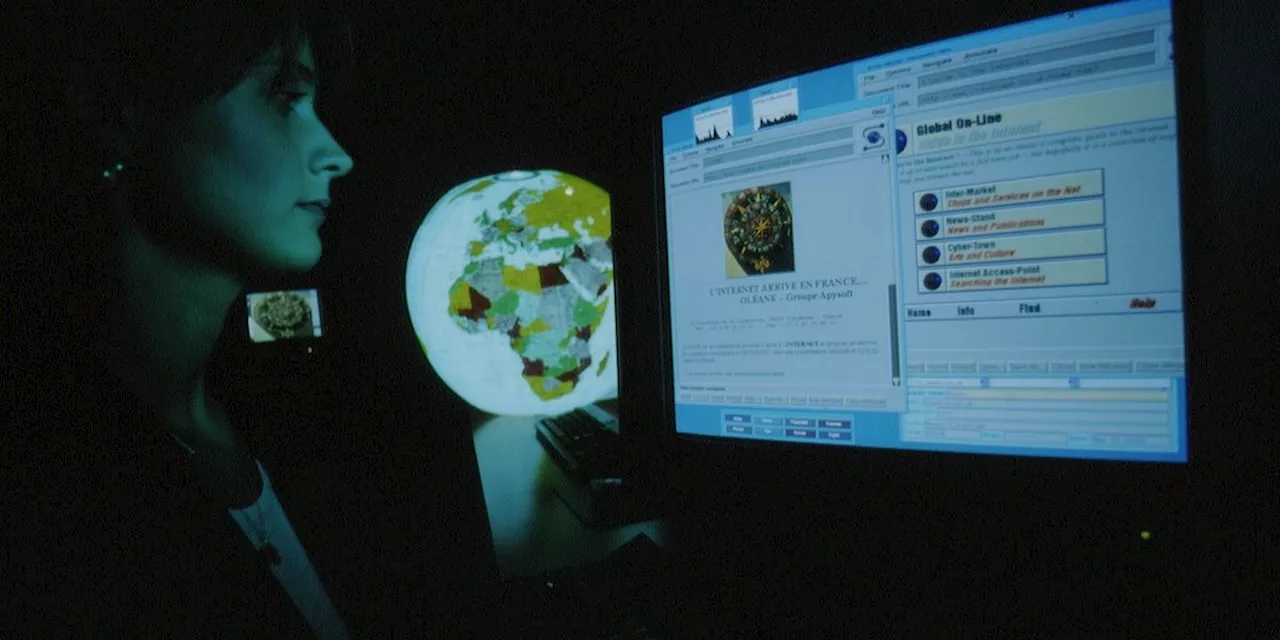A journalist reflects on his experience covering the rise of the public internet in the early 1990s, highlighting concerns about its potential for social control and corporate ownership.
By virtue of luck or just being in the right place at the right time, I was the first journalist to report on the advent of the public internet. In the early 1990s, I was editor-in-chief of a trade magazine called Telecommunications. Vinton Cerf, widely considered to be “father of the internet,” was on our editorial advisory board.
Once Sunday afternoon, Vint contacted me to let me know that the federal government was going to make its military communication system, ARPANET, available to the general public. After reading his email, I more or less shrugged it off. I didn’t think much of it until I started investigating what that would really mean. After weeks of research and further discussions, I finally realized the import of what Vint had told me with its deeper implications for politics, society, culture, and commerce.As the internet grew in size and scope, I started having some serious concerns. And there was a cadre of other researchers and writers who, like myself, wrote books and articles offering warnings about how this powerful and incredible new tool for human communications might go off the rails. These included Sven Birkerts, Clifford Stoll, and others. My own book Digital Mythologies was dedicated to such explorations. By default, and without due process of democratic participation or consent, these services are rapidly becoming a de facto necessity for participation in modern life.While we all saw the tremendous potential that this new communications breakthrough had for academia, science, culture, and many other fields of endeavor, many of us were concerned about its future direction. One concern was how the internet could conceivably be used as a mechanism of social control—an issue closely tied to the possibility that corporate entities might actually come to “own” the internet, unable to resist the temptation to shape it for their own advantag
INTERNET COMMUNICATION SOCIAL CONTROL CORPORATE OWNERSHIP DIGITAL REVOLUTION
United States Latest News, United States Headlines
Similar News:You can also read news stories similar to this one that we have collected from other news sources.
 The Game Awards’ world premiere reveals just started two days earlyDT Video
The Game Awards’ world premiere reveals just started two days earlyDT Video
Read more »
 Bidding War and Zombie Doubts: The Early Days of The Walking DeadThis news piece explores the early development of the popular TV series The Walking Dead, focusing on the bidding war between HBO and AMC for the rights to adapt Robert Kirkman's comic book. It also touches on the initial question raised by an NBC executive about the necessity of zombies in the story.
Bidding War and Zombie Doubts: The Early Days of The Walking DeadThis news piece explores the early development of the popular TV series The Walking Dead, focusing on the bidding war between HBO and AMC for the rights to adapt Robert Kirkman's comic book. It also touches on the initial question raised by an NBC executive about the necessity of zombies in the story.
Read more »
 Robert Eggers on Adapting Nosferatu and His Early Days as Count OrlokRobert Eggers discusses his long-held passion project, adapting Nosferatu for the big screen. He reflects on his early days as a filmmaker, including his high school stage adaptation of the classic vampire story and the challenges of directing this new version.
Robert Eggers on Adapting Nosferatu and His Early Days as Count OrlokRobert Eggers discusses his long-held passion project, adapting Nosferatu for the big screen. He reflects on his early days as a filmmaker, including his high school stage adaptation of the classic vampire story and the challenges of directing this new version.
Read more »
 MCU Fan Video Highlights the Early Days of Marvel's Cinematic UniverseA fan-made video showcases the wild early days of the Marvel Cinematic Universe, reminding us of the risks Marvel Studios took in creating a shared universe.
MCU Fan Video Highlights the Early Days of Marvel's Cinematic UniverseA fan-made video showcases the wild early days of the Marvel Cinematic Universe, reminding us of the risks Marvel Studios took in creating a shared universe.
Read more »
 Jimmy Carter's early days at the Naval Academy in Annapolis, MarylandTwo years out of Annapolis, a young officer in the Navy was up on the tower of a submarine during a horrible storm. He later became the 39th president.
Jimmy Carter's early days at the Naval Academy in Annapolis, MarylandTwo years out of Annapolis, a young officer in the Navy was up on the tower of a submarine during a horrible storm. He later became the 39th president.
Read more »
 Jimmy Carter's early days at the Naval Academy in Annapolis, MarylandTwo years out of Annapolis, a young officer in the Navy was up on the tower of a submarine during a horrible storm. He later became the 39th president.
Jimmy Carter's early days at the Naval Academy in Annapolis, MarylandTwo years out of Annapolis, a young officer in the Navy was up on the tower of a submarine during a horrible storm. He later became the 39th president.
Read more »
